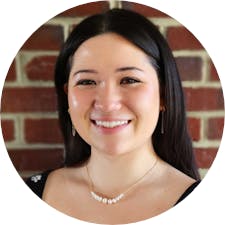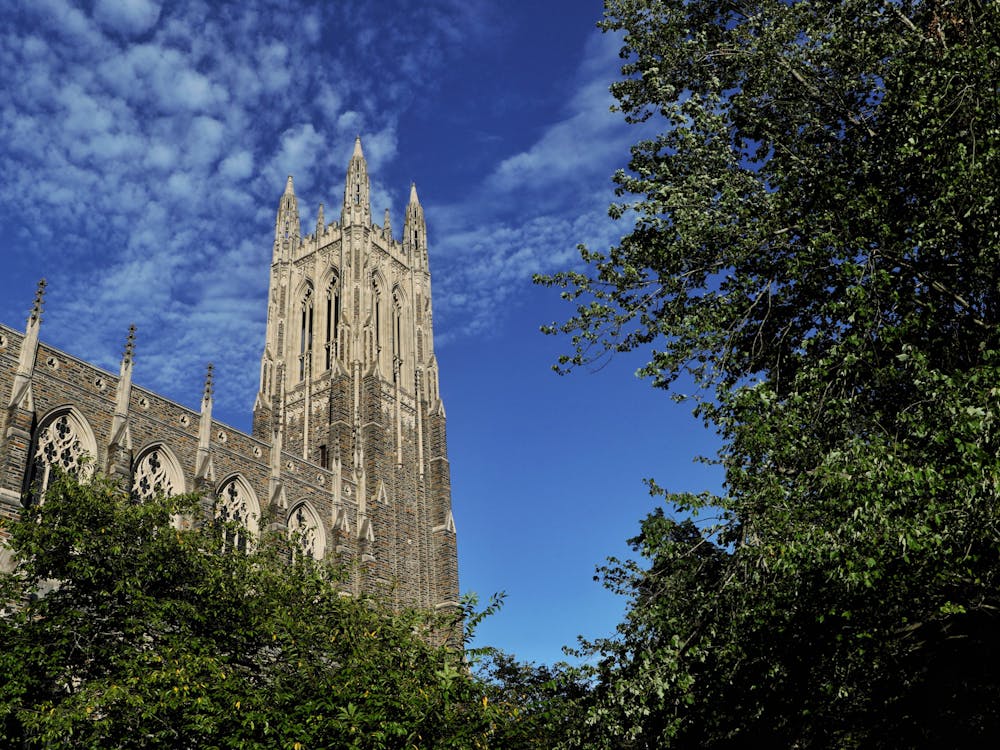As a psychiatrist at the Duke Autism Clinic and at Counseling and Psychological Services from 2015 to 2022, Tara Chandrasekhar noticed a surprising number of students coming into CAPS who were neurodivergent.
Some of those students were already diagnosed and others qualified for a diagnosis for autism, but it revealed to Chandrasekhar a great need for guidance for students to navigate campus resources. As a result, CAPS created Neurodiversity Connections, a group dedicated to bridging the gap between facilities and students.
“Neurodiversity Connections is just enhancing the conversation,” Chandasekhar said. “We just have to be doing a better job of supporting students.”
Starting as a grassroots project, Neurodiversity Connections aims to help neurodivergent students access mental healthcare, academic resources and other relevant materials through existing organizations on campus.
Faculty and students in the group have worked together to plan events such as the North Carolina Neurodiversity College Career Summit, which was held on Oct. 28, 2022. At the summit, students were able to connect with employers and hear from the experiences of other neurodivergent students going through college and the career application process.
Neurodiversity Connections also communicates with other organizations such as The Clubhouse, which is a non-Student Organization Finance Committee chartered group that plans casual gatherings for students who identify as neurodivergent.
To Neurodiversity Connections organizer Jadyn Cleary, a junior, this group is extremely helpful for getting connected to Duke’s social life, an aspect that may be more stressful for neurodivergent students.
As a student on campus, it can be difficult to “make friends and to connect with community,” Cleary said, noting that neurodivergent first-years might have more trouble. “So it's kind of a way to allow people to communicate with others in a very low pressure way.”
Cleary said that one of her favorite events last year was a relaxing board game night in the basement of the Chapel. This year, since the organization has funding, Cleary hopes to plan events such as dinner outings and trips to conferences.
Cleary said that because many mental conditions are not physically visible, it is especially important to advocate for more resources on campus.
The Academic Resource Center can also provide one-on-one guidance for neurodivergent students. While counselors cannot specifically ask, students may self-disclose their mental health history, according to ARC Learning Consultant Darla Swann.
Swann said that learning consultations with students are focused on addressing academic goals and making plans to reach the goals.
Swann says that it is not uncommon for students with diagnosed mental conditions to meet with her and not be aware of how their conditions may affect their abilities to study and perform in class. From there, Swann helps students integrate psychoeducation about their conditions in order to help them understand their academic strengths and weaknesses.
For example, Swann may have a conversation with a student that has ADHD and is working through issues with concentration.
“I think it's really empowering for them to learn about [how their conditions affect them],” Swann said. “And then as they get to know themselves better and understand those complexities at a deeper level, they can be better advocates for themselves.”
Swann enjoys helping students identify their own style of learning and capitalize on their strengths. Beyond that, she shows students how to access resources and other support systems within and outside of ARC.
“I think that students are getting better and more comfortable about discussing or sharing some of this with others,” Swann said. “I don't think that's true across the board, but I think there's some more comfort.”
She hopes to continue partnering directly with faculty on topics related to inclusive teaching for neurodivergent students.
“People are starting to recognize these issues as not something that needs to be fixed or not some deficit, but just the normal variation in the human population,” she said.
Get The Chronicle straight to your inbox
Sign up for our weekly newsletter. Cancel at any time.

Olivia Kim is a Trinity first-year and a staff reporter of The Chronicle's 118th volume.

